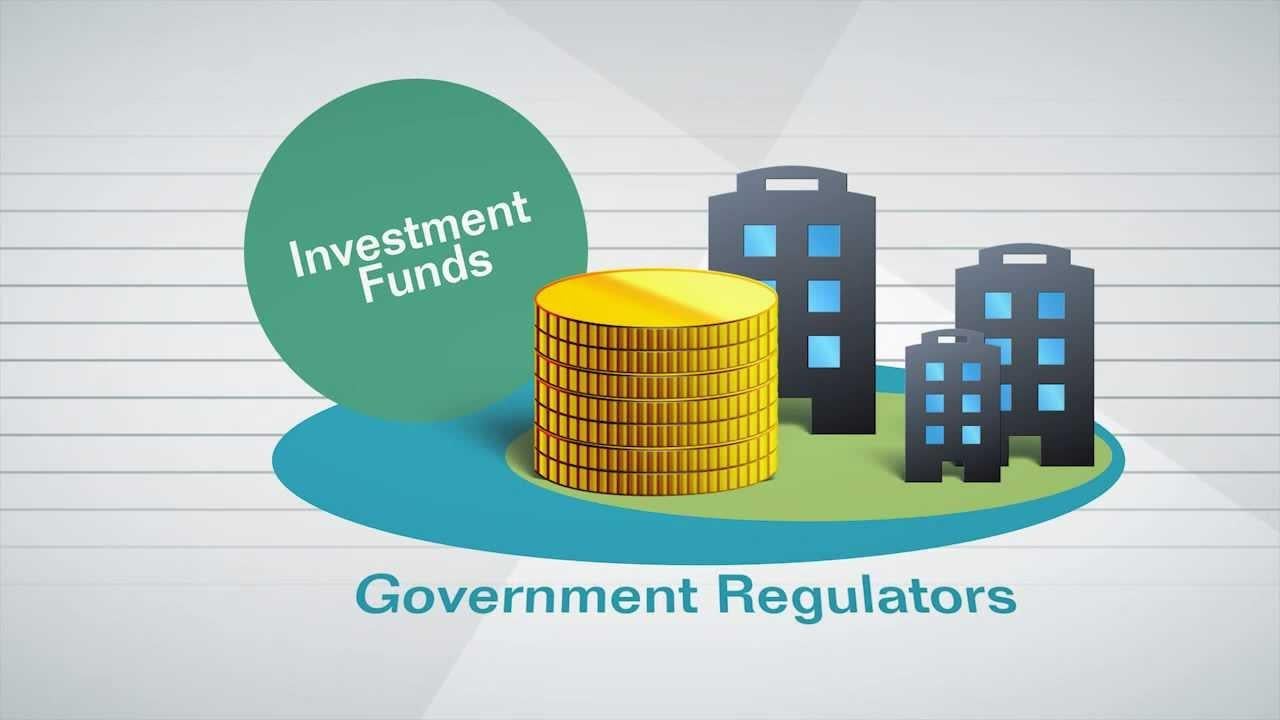
Setting up an investment fund / platform in Europe?
This post was first published on our Medium publication.
It’s not only E-money Institutions and Payment Institutions that have seen a boom in Europe in recent years. It’s also all kinds of businesses which are aiming to simplify or enable raising capital. Businesses need capital in order to build and launch a product. Sometimes, it feels like raising capital is like competitive sports among founders. Running a venture-funded business is a badge of honour. We, most of the time, align with Gary V — sales, revenue and profit are way better than living off by investors mercy. On the other hand, having built apps and developed multiple businesses, we know that capital is required for growth, and more capital enables building bigger businesses. All of the biggest tech companies have relied on investors money, and many still do. Looking at the numbers, Europe is lacking behind Asia and the US when it comes to investing. There are different reasons for that, perhaps the biggest is that Europe is just too fragmented. Nevertheless, it’s still a huge market with a lot of capital, and many investors are waiting for the right investment opportunities and investment channels. Crowdfunding, for example, sees a huge growth year after year in Europe. It means people have money and are interested in investing, but there aren’t enough opportunities or easy to use channels. As a legal advisory office focused on FinTech and funding, we receive a lot of enquiries from businesses around the world looking to raise capital in Europe or looking a way to enter into the scene as a funding platform. While the ideas aren’t bad, there’s a fair amount of naive expectations on what can be done. We’ll list out some of the common enquiries which usually don’t have a fruitful ground for collaboration. Each case is different and is analysed separately. Hence, we encourage you to get in touch and see if we can help.
Here we go:
- Registering an investment vehicle, whether it’s a fund or any other type of investment vehicle (SPV) in Europe to raise capital from investors in South-America / Asia / Africa, with a goal to invest that money in companies/projects/ real estate in South-America / Asia / Africa. The obvious question here is that why is the European entity necessary in this situation? Obviously, it’s a legal arbitrage, which could be understandable, but it’s not going to be possible for the European regulator to do any supervision about such investment activities that are carried out in faraway countries. Also, the local regulator in that jurisdiction would expect any company who is raising capital to follow local laws. As the EU is seen as a credible and strict jurisdiction, it may be an attempt to advertise the investment opportunity as supervised and regulated by the European authorities, which in reality would be a misleading statement. And last but lot least, no bank is going to cooperate with such initiatives. For example, A Bolivian residents register an Estonian company, and they want to create a crowdfunding platform to operate under Estonian (EU) regulations. The plan is to operate in Bolivia, and to onboard and raise capital from Bolivian residents, in order to invest in Bolivian companies. You can understand why it may not be seen as a viable solution by the Estonian regulators.
- Planning to raise capital in Europe to invest in real estate in Indonesia, or mining operations in Mongolia, or to a honey farm in Argentina. While it’s all understandable, and it’s fine from the legal perspective, it really has to be something special to get a European resident, who has no clue about what’s happening in Mongolia, to invest into Mongolian enterprise. The investment opportunity can be exceptional, backed by the government and sealed by the parliament, AND still, it would be highly unlikely that Europeans would invest. What you don’t know you don’t trust, and if you have no way of evaluating the risk and the authenticity of the information, it’s just a wise decision to not play with your money. Same applies to investment opportunities in Africa, Middle-East, Latin America, and so forth (all regions, which have a history of economic, political, and regulatory uncertainty (the last perhaps the most important). This uncertainty can be overcome only in case the money is raised by a big investment institution. A vision and good intentions alone are not sufficient.
- A wish to register a regulated investment company (or a fund) without having any prior experience in investment or finance business, and to expect it to be a quick and easy process. It is not quick and most of the cases, it is not easy. It will cost money, and it will require a team and a local presence. It’s not a one-man show. Of course, there are different types of investment vehicles, and a small alternative investment fund manager (AIFM) license is not too difficult to obtain, but it also sets boundaries on what you can do. The main thing to understand is that raising capital from retail investor always requires the most regulated setup.
- Setting up a crypto fund, and because it’s crypto and not fiat, clients sometimes expect that they don’t have to obtain any licenses to open such fund. The fact that it’s a crypto fund does not change the fact that you’re providing investment services. We had a client who had looked into the Estonian Investment Funds Act (and the Securities Market Act), and because the law does not mention cryptocurrencies, the conclusion was that they could do anything they wanted as long as they were dealing with cryptocurrencies. I wish it was that easy.
There are more variations of the above enquiries, and we always try to advise and find a solution to each and every client. However, on some occasions, it just doesn’t make sense, and operating in a regulated industry with a wished (simplified) structure won’t be possible.


